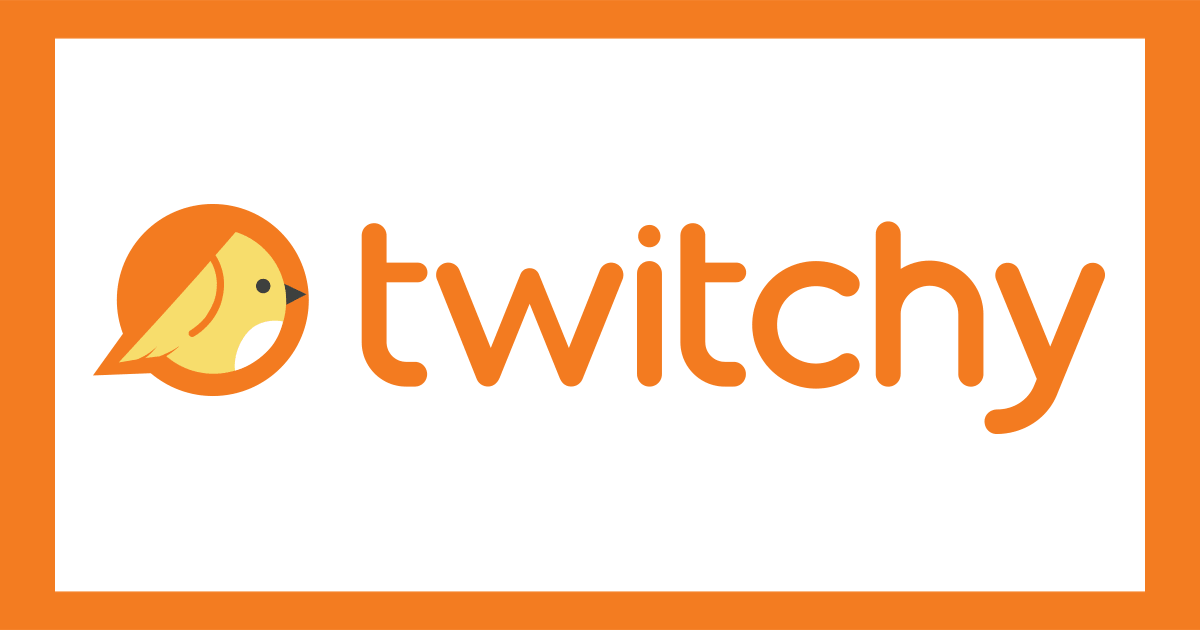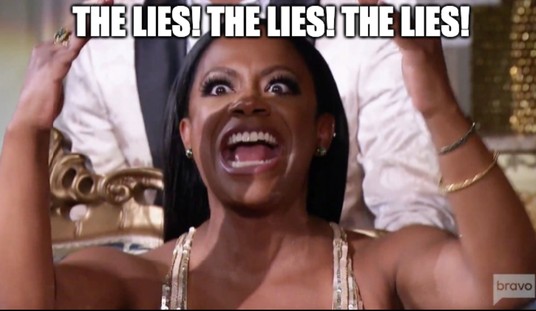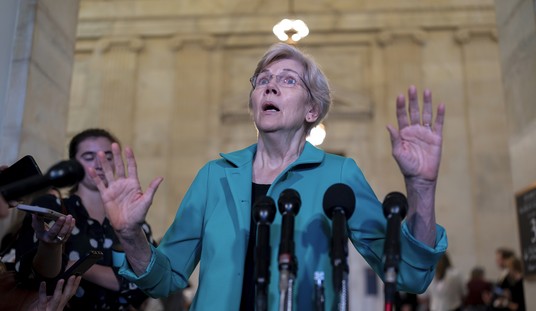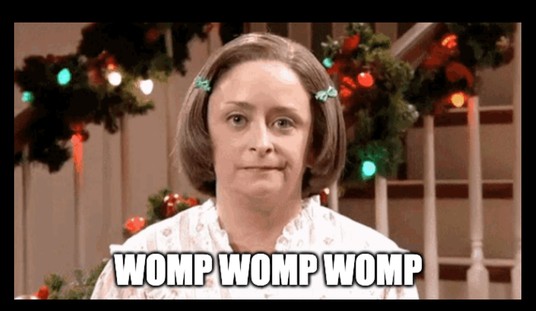There was a time, about 220 years ago, when the term “federalist” was used to describe those who supported a strong central government.
In the last 60 years or so, however, “federalism” has been used to describe the opposite notion, i.e., the idea that power should be delegated from Washington DC to the states.
@SteveFriess @GOPROUD You are confusing the "Federalists" of the founding era with modern supporters of "federalism." Mostly opposite.
— John Jenkins (@PaladinVT03) January 18, 2013
Because of this, it is not unusual in modern times to refer to “federalists” as those who support states’ rights. Here’s an example from a couple of years ago in The Daily Beast:
the president has been making a federalist argument for why the [same-sex marriage] issue should be handled at the state level, despite the fact that the same rationale has historically served as a roadblock to civil-rights advancements.
Friess refused to back down and did a reasonably good job defending himself:
I may be stupid but I can use Google and Wikipedia, too, y'know: http://t.co/QxYMIXJy @JammieWF
— Steve Friess (@SteveFriess) January 18, 2013
Recommended
"The group who felt that the nat'l government under the Articles was too weak appropriated the name Federalist for themselves." @JammieWF
— Steve Friess (@SteveFriess) January 18, 2013
I know all about it. I just think it's a misnomer based on an incorrect reading of history & etymological history. @JammieWF
— Steve Friess (@SteveFriess) January 18, 2013
But then one of his critics crossed the line:
.@JammieWF OK, now that's just mean.
— Steve Friess (@SteveFriess) January 18, 2013
























Join the conversation as a VIP Member